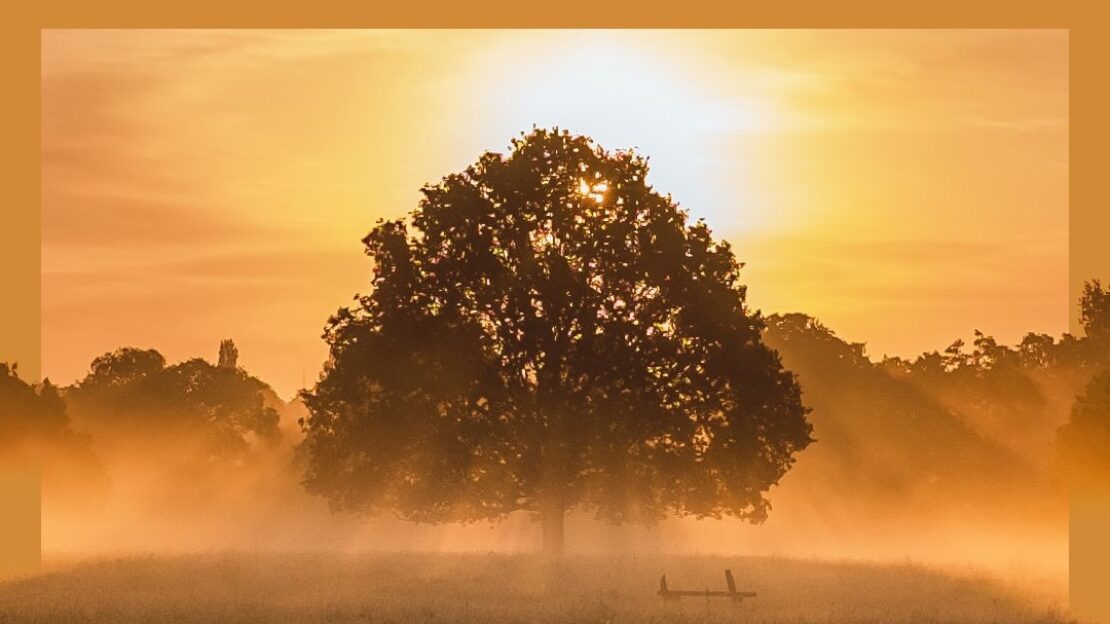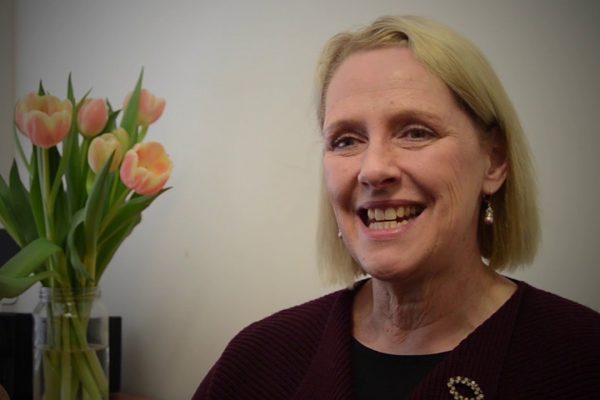The Church’s liturgy gives us six weeks of John’s Gospel at this time of the year. The text from John is a continuous reading of Chapter 6, following on from the feeding of the five thousand. Each week the text from John is coupled with a text from the Old Testament. Today it is the book of Kings and the story of Elijah wandering out in the desert. With no hope of keeping himself alive Elijah sits under a furze bush wishing he were dead. And it is the hand of God that provides him with food and drink.
We can be tempted to believe that this story is just about Elijah, but as is the case, so often with the prophets, what is happening to Elijah (the prophet) is symbolic of what is happening to all of Israel (God’s people). Israel is learning the lesson of relying on God’s providence and will gradually learn the lesson that God’s love for Israel is not just about Israel but is for the whole of creation. But this is a long lesson.
In John’s Gospel we learn that the providence of God comes to us in the person of Jesus. He is the bread of life. He is God’s presence and gift to us par excellence. When we listen to this text of John’s Gospel we hear it with our contemporary ears. We hear it with our understanding of the human person as highly individualised. The early Church and the community of John probably did not think like that. This text was written for a community. The words – this bread is come down from heaven so that a person may eat it and not die – are not understood as just addressed to us as individuals. They are a call to a Eucharistic community to witness to the God who gives us life and who never abandons us – even when we feel like dying (and in fact even when we die). This community formed by the bread of life – the body of Christ is not an exclusive community but one that witnesses to the belief that what Jesus has done in them, he intends for the whole world and indeed for the whole of creation. In this way the Church becomes the first fruits of the Resurrection – witnessing to the presence of God in the world.
What would a Church like this look like? What would it mean?
We can become dispirited at times when we look at the take up of the practice of our faith. Where have all the young ones gone? But I think the call to a community of witnesses to the faithfulness of God would look like a community who are alive with the hope in the resurrection and belief that God is at work now (as much as in the past) and will bring to fruition in the future what God has begun. And so we open ourselves up to him in prayer. We set our sights on becoming mystics – those who allow him to work in us. We also join in the proclamation of the kingdom: keeping an open door and mind; being hospitable; opening our parishes to those seeking asylum; assisting those who are looking for a hand up; uniting with our brothers and sisters across the globe.
In thinking of these texts, as those of the community of the faith, we become more attuned to what God is up to for the whole of creation. God has given us Jesus, the bread come down from heaven, so that all may live and have life to the full.
Fr Brendan
Published: 9 August 2024




Comments
Add Comment